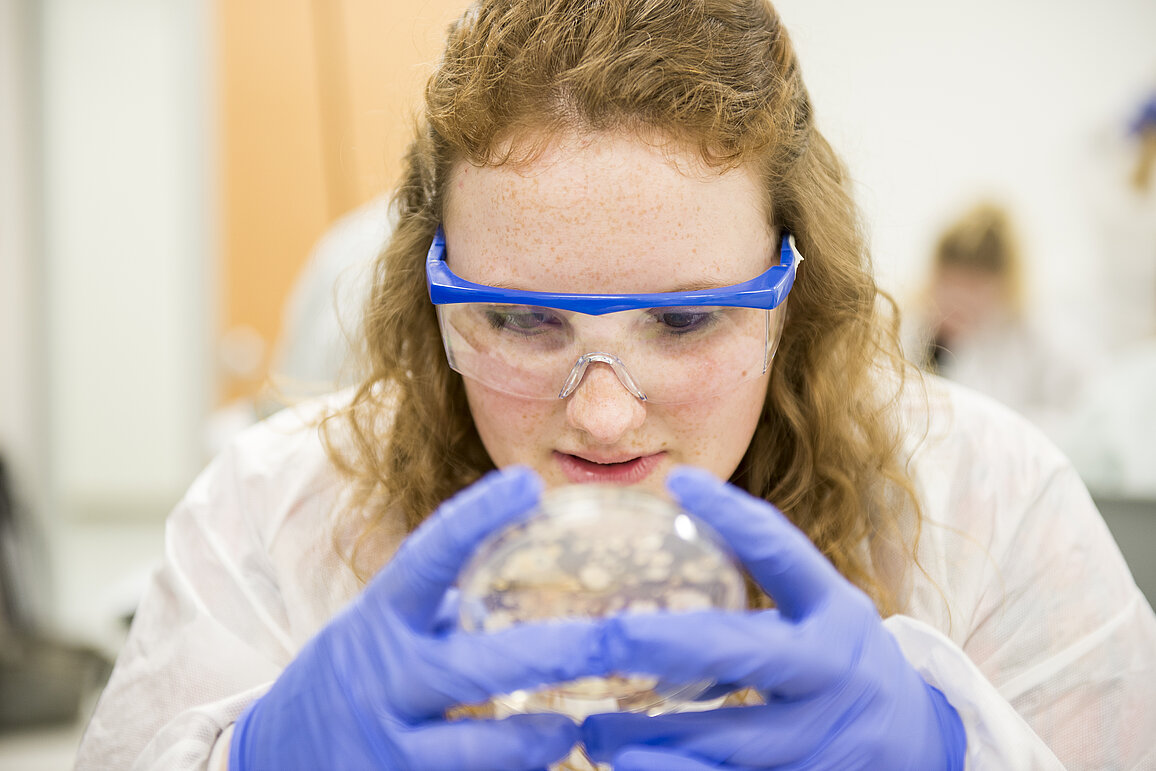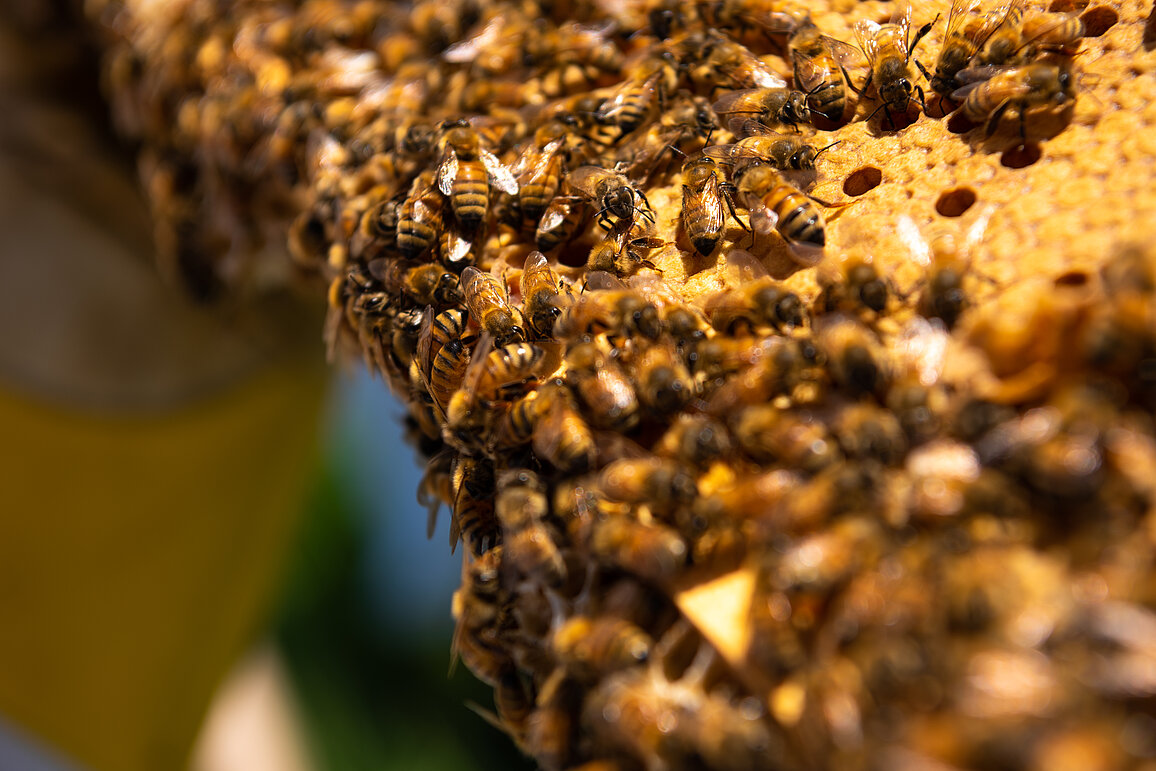Welcome to Biological Sciences

In our department, we learn about life across many levels of biological organization, from cells and molecules to whole organisms to community ecology. Our faculty are world-renowned researchers and award-winning instructors with a passion for teaching. Research in our department focuses around stress biology, including cancer, aging, environmental conditions, and hormonal responses.
A degree in biology will prepare you for many careers and graduate programs, including healthcare, scientific research, environmental science and conservation, and education. Within each of these realms, numerous career options exist for students with a biology degree.
Our Curriculum


Students Actively Engage
in their learning through:
- Active learning techniques
- Collaboration
- Inquiry
and other innovative and proven methods of pedagogy. Our student-centered classrooms are focused on obtaining complex levels of scientific understanding, and on developing critical thinking skills. With nearly 500 undergraduate majors, our department is fortunate to have many Undergraduate Learning Assistants and Graduate Teaching Assistants to assist students and instructors in obtaining these goals.
Undergraduate Biology Majors
choose among several degree emphases, including:
- Biomedical Sciences
- Ecology and Conservation Science
- Environmental Science
Graduate students can obtain MS and PhD degrees in Biology. In addition, five interdepartmental graduate programs are offered: Cell and Molecular Biology, Environmental and Conservation Sciences, Natural Resource Management, Genomics and Bioinformatics, and STEM Education.
Authentic Research


Our department offers many opportunities for undergraduate students to participate in authentic research. Faculty in our department study a wide range of topics from metabolism at the level of cells, to genetic differences in populations of animals and plants to behavior and physiology of animals. Undergraduate researchers can work for course credit or hourly pay.
NDSU has been designated as an R1 research institution by the Carnegie Classification of Institutions of Higher Education. Carnegie’s R1 distinction, titled “Doctoral University: Very High Research Activity,” is its highest classification and is presented to only the top research institutions in the country. The Department of Biological Sciences is proud and energized to be a part of this achievement.
Our Faculty

The Department of Biological Sciences at NDSU is home to 22 faculty members and more than 40 graduate students who are involved in scientific research that crosses all levels of biological organization. Top scientists from around the world have joined our team and competitively obtain funding to find answers to biological questions in molecular and cellular biology, evolution, population biology, and ecology.
Our department is also home to STEM education researchers. Studying how students learn science, these faculty have driven research-based change in teaching methods that have resulted in increased student success in our department and across campus.



